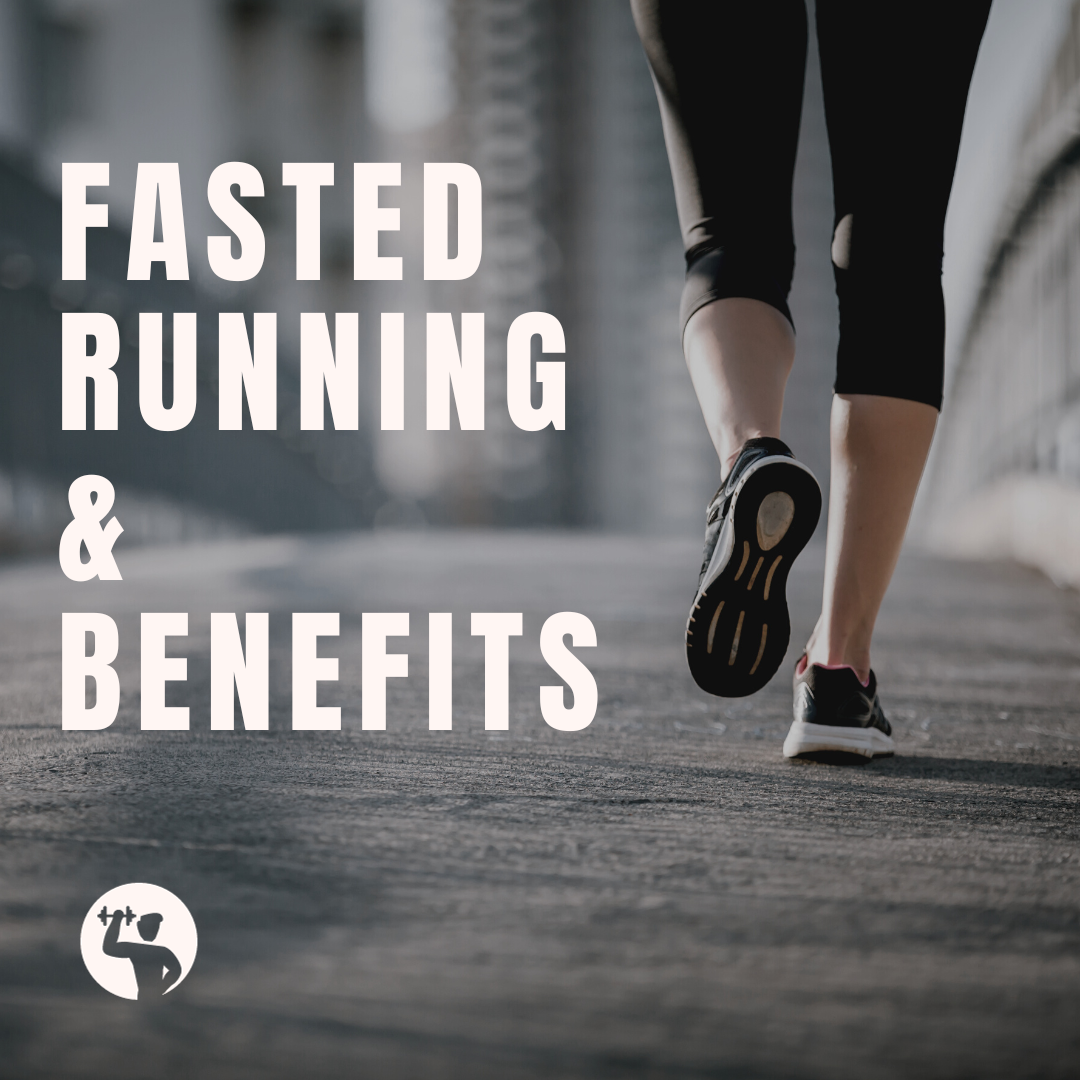Your shopping bag is empty
Fasted Running and its Benefits
- Posted by: Enquiry Admin
- Comments: 0
- Categories: Fitness
Fasted running, a practice where individuals engage in running on an empty stomach, has gained significant attention in the realm of fitness and endurance training. By tapping into the body's energy reserves, fasted running is believed to enhance endurance, improve fat metabolism, and optimize performance. In this comprehensive guide, we will delve into the science behind fasted running. We will also be exploring its benefits, potential risks, and the role of whole foods, proper hydration, ideal nutrition, and meditation in supporting this unique training approach.
The Concept of Fasted Running: Unleashing Your Body’s Potential
Fasted running, also known as fasted cardio, involves exercising in a state of fasting. This usually happens in the morning before taking breakfast. The primary idea behind this practice is to deplete glycogen stores (the body's carbohydrate reserves). Also, it is to encourage the utilization of fat as a source of energy during the workout. Proponents of fasted running believe that training in this state can enhance endurance. It can also improve aerobic capacity, and aid in weight loss by promoting fat burning.
The Science Behind Fasted Running: Tapping into Fat Stores
When the body enters a fasted state, typically after an overnight fast, insulin levels are low, and glycogen stores become limited. In this condition, the body shifts its energy source from carbohydrates to stored fats. During fasted running, the body relies on fat oxidation to fuel the muscles. This process, known as lipolysis, breaks down fat molecules into usable energy, allowing runners to sustain their exercise routine using fat as the primary fuel source.
Benefits and Risks of Fasted Running
Benefits of Fasted Running: Improving Endurance and Fat Metabolism
- Enhanced Endurance: Fasted running may improve endurance by training the body to efficiently use fat as a source of energy, preventing premature depletion of glycogen stores.
- Optimized Fat Metabolism: Training in a fasted state can enhance the body's ability to burn fat, making it an attractive approach for individuals aiming to reduce body fat percentage.
Risks and Considerations: Individual Variability and Nutritional Support
- Individual Variability: Fasted running may not be suitable for everyone. Indeed, individuals with specific medical conditions, low blood sugar levels, or insufficient energy reserves might experience dizziness, fatigue, or decreased performance during fasted workouts.
- Nutritional Support: Proper nutrition post-fasted running is crucial to replenish glycogen stores and support muscle recovery. Whole foods rich in carbohydrates and proteins play a vital role in refueling the body and promoting recovery.
Whole Foods: Nourishing Your Body for Performance
Whole foods, including fruits, vegetables, whole grains, lean proteins, and healthy fats, provide essential nutrients and energy sources for fasted running. Incorporating a balanced mix of carbohydrates, proteins, and fats from whole foods supports overall health and enhances the body's ability to endure and recover from training sessions.
Proper Hydration: Staying Hydrated for Optimal Performance
Proper hydration is important for any form of exercise, including fasted running. Water regulates body temperature, transports nutrients, and supports muscle function. During fasted running, maintaining proper hydration levels is crucial to prevent dehydration, muscle cramps, and fatigue. Electrolyte-rich drinks can also aid in replenishing lost minerals and support hydration during extended fasted running.
Ideal Nutrition: Tailoring Your Diet to Support Fasted Running
Ideal nutrition for fasted running involves careful planning. Pre-run meals, especially for those practicing intermittent fasting, should be well-balanced, including carbohydrates, proteins, and healthy fats. Post-run nutrition is equally important. Consuming a balanced meal or snack within the recovery window (usually 30 minutes to an hour after exercise) helps replenish glycogen stores and supports muscle repair.
Meditation: Training the Mind for Endurance
Meditation and mindfulness techniques play a significant role in preparing the mind for fasted running. Mental resilience, focus, and concentration are important during endurance activities. Practicing meditation helps reduce anxiety, enhance mental clarity, and improve overall well-being, preparing the mind for the challenges of fasted running.
Benefits of Incline Walking vs. Fasted Running: A Comparison
When it comes to cardiovascular exercises, incline walking and running stand out as effective options, each with its distinct benefits. Incline walking is achieved by walking on an elevated surface or using a treadmill with an incline setting. Also, it offers a lower-impact workout compared to running. This exercise engages various muscle groups, such as the calves, quadriceps, and glutes, providing a solid workout with less stress on joints than running.
Running, on the other hand, is a high-impact exercise that typically burns more calories in a shorter duration compared to walking, including incline walking. It engages multiple muscles and significantly improves cardiovascular endurance. While running offers a more intense workout, it may also subject the body to increased stress on joints and muscles.
The choice between incline walking and running often depends on individual fitness goals, physical condition, and personal preference. Incline walking is suitable for individuals seeking a moderate yet effective cardiovascular workout with lower impact on joints. Meanwhile, fasted running provides a higher intensity option for increased calorie burn and cardiovascular challenge. Consulting with a fitness professional or healthcare provider can help determine the most suitable exercise regimen. Also, it would be based on individual needs and fitness levels.
Conclusion: Benefits of Fasted Running
In conclusion, fasted running can be a beneficial practice for individuals seeking to enhance endurance, improve fat metabolism, and optimize performance. However, it is essential to approach this training method with caution, considering individual variability and ensuring adequate nutritional support. Whole foods, proper hydration, ideal nutrition, and meditation are the cornerstones of supporting fasted running effectively.
By nourishing the body with whole foods, staying properly hydrated, fueling with ideal nutrition, and training the mind through meditation, individuals can strike a balance between pushing their physical limits and supporting their holistic health. Fasted running, when practiced mindfully and supported by a well-rounded lifestyle, can be a powerful tool in your fitness arsenal, helping you achieve your goals while fostering overall well-being.
Sources:
- Harvard Health Publishing - The Truth About Fasted Cardio
- PubMed Central - Effects of Aerobic Exercise Performed in Fasted v. Fed State on Fat and Carbohydrate Metabolism in Adults: A Systematic Review and Meta-Analysis
- American Council on Exercise - The Benefits of Fasted Cardio
- Mayo Clinic - Water: How Much Should You Drink Every Day?
- Mindful - 5 Ways to Meditate in Your Daily Life








